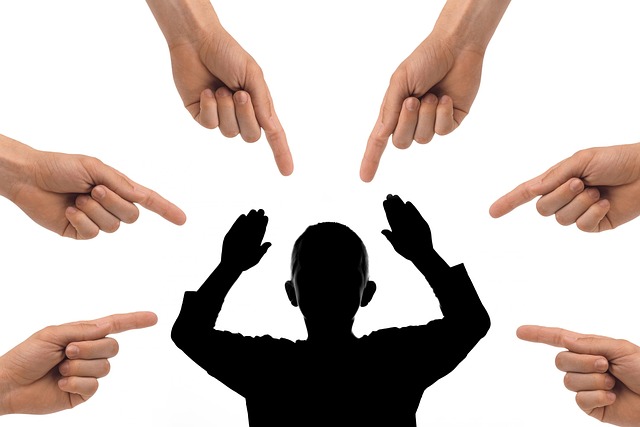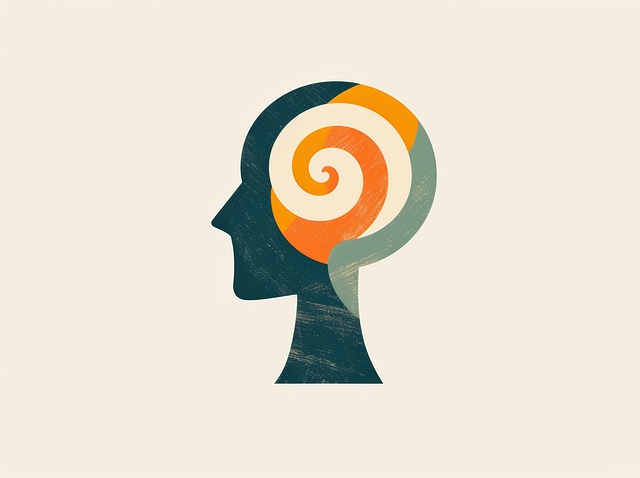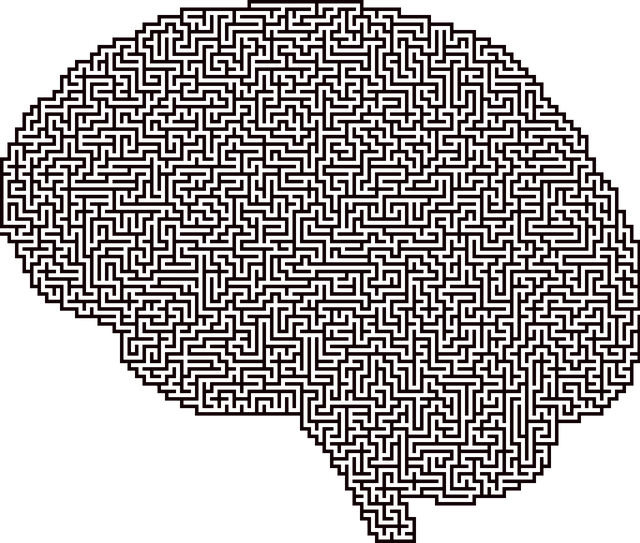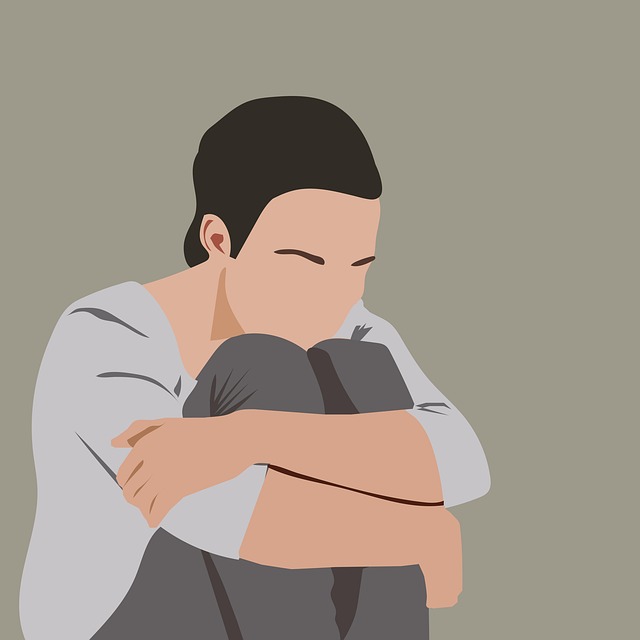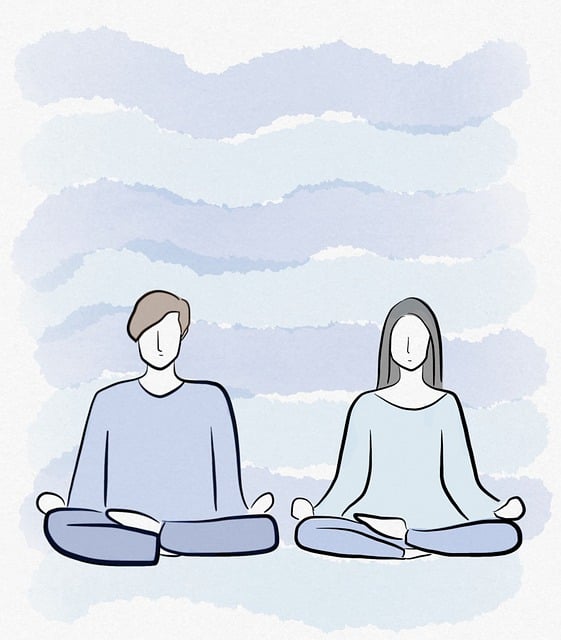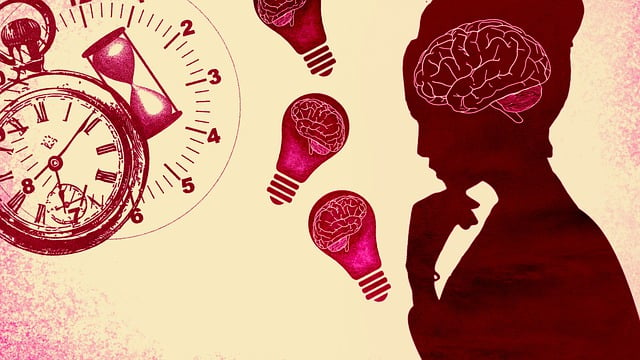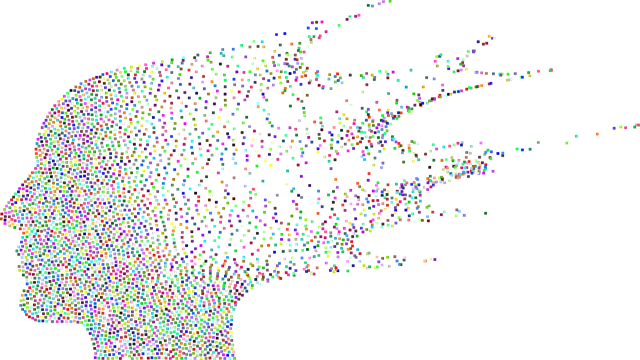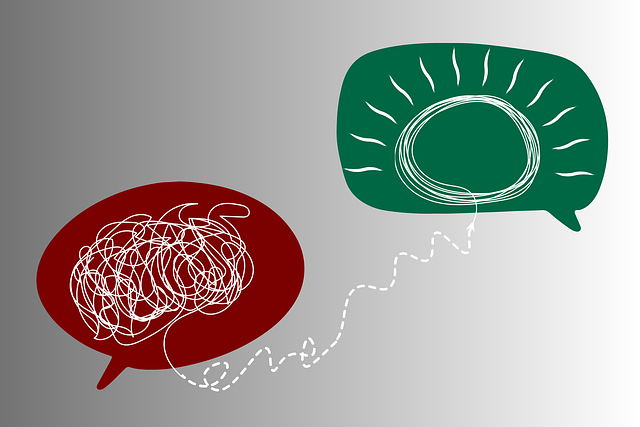Anxiety disorders, prevalent globally, significantly impact daily life. Diagnosis involves healthcare provider evaluations, including interviews and medical history reviews. Cognitive Behavioral Therapy (CBT), an effective treatment, targets negative thought patterns. Independent Medical Evaluations (IMEs) provide detailed assessments for personalized therapy plans. A holistic approach combining lifestyle changes, self-care, and alternative practices like meditation and support groups offers comprehensive anxiety management. Adults can enhance well-being through therapy, IMEs, and proactive self-management strategies.
Anxiety disorders affect millions, but managing symptoms can significantly improve quality of life. This comprehensive guide explores effective anxiety management techniques, from understanding the symptoms and diagnostic process to exploring therapy options like Cognitive Behavioral Therapy (CBT) tailored for adults. We delve into the importance of independent medical evaluations, lifestyle changes, and self-care strategies, as well as alternative treatments, medication, and support groups. Discover actionable steps to take control of your mental health.
- Understanding Anxiety Disorders: Symptoms and Diagnostic Process
- The Role of Therapy: Cognitive Behavioral Therapy (CBT) for Adult Anxiety
- Independent Medical Evaluations: When and Why They're Necessary
- Lifestyle Changes and Self-Care Strategies to Manage Anxiety
- Exploring Additional Treatments: Medication, Alternative Therapies, and Support Groups
Understanding Anxiety Disorders: Symptoms and Diagnostic Process

Anxiety disorders are a common mental health concern that significantly impacts individuals’ daily lives. Understanding these disorders is the first step in managing them effectively. Anxiety manifests differently in each person, but common symptoms include excessive worry, fear, restlessness, and physical sensations like rapid heartbeat or insomnia. These symptoms can be debilitating and may interfere with one’s ability to function normally.
The diagnostic process involves a comprehensive evaluation by a healthcare provider who may conduct interviews, use standardized questionnaires, and review medical history. They might recommend independent medical evaluations for further insight. Cultural competency training is essential here, as it ensures that the assessment considers an individual’s unique cultural background and experiences. Through these methods, professionals can accurately diagnose conditions like generalized anxiety disorder, panic attacks, or social anxiety, among others. Additionally, building resilience and social skills through therapy can be instrumental in managing anxiety disorders effectively.
The Role of Therapy: Cognitive Behavioral Therapy (CBT) for Adult Anxiety

Anxiety disorders are a common mental health concern affecting adults worldwide. One highly effective therapy for managing adult anxiety is Cognitive Behavioral Therapy (CBT). CBT focuses on identifying and changing negative thought patterns and behaviors that contribute to anxiety. This evidence-based approach has been extensively studied and proven successful in treating various anxiety disorders, from generalized anxiety to specific phobias.
Through CBT, individuals learn valuable conflict resolution techniques and risk management planning for mental health professionals, enabling them to face challenging situations with greater confidence. By fostering positive thinking and empowering patients with practical tools, CBT helps adults develop healthier coping mechanisms. This tailored approach not only reduces symptoms but also enhances overall well-being, offering a lasting solution to anxiety management.
Independent Medical Evaluations: When and Why They're Necessary

In many cases, managing anxiety effectively requires a comprehensive approach that goes beyond self-help strategies. One crucial component often overlooked is the role of Independent Medical Evaluations (IMEs). These assessments are particularly important when an individual’s anxiety symptoms significantly impact their daily life and functioning. An IME provides a detailed look into the physical and mental health of a person, helping to identify any underlying medical conditions or factors that may be contributing to or exacerbating their anxiety.
For adults seeking therapy for anxiety, IMEs offer several advantages. They can uncover hidden causes of stress and provide insights into an individual’s overall well-being. This is especially relevant when considering the complex interplay between physical health and mental health. For instance, cultural sensitivity in mental healthcare practice is essential; IMEs can consider the impact of cultural factors on anxiety symptoms and guide tailored interventions. Moreover, by assessing various aspects of a person’s life, from stress reduction methods to inner strength development, IMEs enable healthcare professionals to design personalized treatment plans that address the unique needs of each patient.
Lifestyle Changes and Self-Care Strategies to Manage Anxiety

Managing anxiety effectively often requires a holistic approach that extends beyond traditional therapy. Lifestyle changes and self-care strategies play a pivotal role in promoting emotional well-being. Individuals can start by adopting healthier habits such as regular exercise, sufficient sleep, and balanced nutrition. These foundational practices not only enhance physical health but also have profound effects on mental resilience and overall emotional stability.
Additionally, fostering self-esteem improvement through positive affirmations and setting achievable goals can significantly contribute to anxiety management. Engaging in activities that cultivate a sense of purpose and joy, such as hobbies or social interactions, is equally important. By integrating these techniques into daily routines, adults can better navigate life’s challenges and reduce the impact of anxiety, even without formal therapy or independent medical evaluations. This approach also aids in mental illness stigma reduction efforts by encouraging self-reliance and a proactive stance towards emotional health.
Exploring Additional Treatments: Medication, Alternative Therapies, and Support Groups

Many individuals struggling with anxiety often benefit from exploring a variety of treatments beyond traditional therapy. One such option is medication, which can be prescribed by a healthcare professional and tailored to manage specific symptoms. Selective serotonin reuptake inhibitors (SSRIs) and benzodiazepines are commonly used to alleviate anxiety disorders, offering a chemical approach to emotional regulation.
Additionally, alternative therapies like mindfulness meditation, yoga, and acupuncture have gained recognition for their positive effects on stress management. These practices encourage individuals to connect with their bodies and minds, fostering a sense of calm and promoting positive thinking. Support groups are another valuable resource, providing a safe space for adults to share experiences, gain insights, and build a supportive community. Engaging in these diverse approaches can empower those affected by anxiety, offering comprehensive tools for navigating stressful situations and improving overall well-being.
Anxiety management is a multifaceted approach that combines understanding, therapy, self-care, and sometimes medication. For adults dealing with anxiety disorders, cognitive behavioral therapy (CBT) has proven to be an effective treatment. In some cases, independent medical evaluations are crucial for accurate diagnosis and tailored treatment plans. By integrating lifestyle changes, alternative therapies, and support groups into their routines, individuals can enhance the effectiveness of their anxiety management strategies. Remember that seeking professional help is a sign of strength, and there are numerous resources available to support adults in managing and overcoming anxiety disorders.

